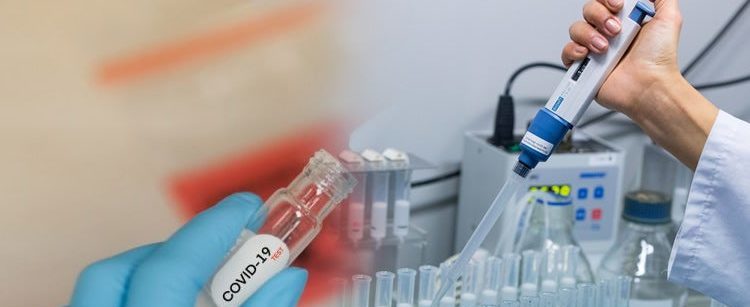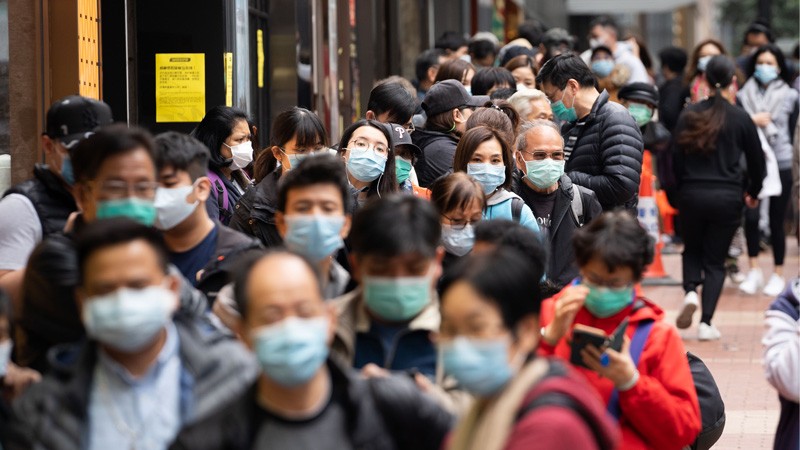In June 2019, there were alarming reports of “dozens of children dying” in Wusar, a town in Kaduna State. Like most areas in that region, there had been no functional health care facility in Wusar for several years, and it had low immunisation rates and a high number of malnourished children.
The cause of the outbreak was determined to be measles, which remains one of the world’s most infectious diseases. That year, Nigeria experienced one of the world’s largest outbreaks.
To prevent its further spread, all cases had to detected and tracked. One of the resources proved beneficial was an outbreak revolving fund that provided flexible and immediate access to resources for rapid response to outbreaks.
- Africa
- Athletics
- Banking & Finance
- Basketball
- Biographies
- Boxing
- Business
- Celebrities
- Contributors
- Corper's Corner
- Economy
- Education
- Entertainment
- Fashion
- Featured
- Food
- Football
- Giveaways
- Health
- Interviews
- Leading Stories
- Lifestyle
- Listicles
- Metro
- Movies
- Music
- Nigeria
- NRTC English
- Oil & Gas
- Opinions
- Photos
- Politics
- Relationships
- Sports
- Technology
- Telecom
- Tennis
- Travel
- UK
- US
- Videos
- World
This innovative funding mechanism allowed funds to be quickly disbursed, and it is now a model for how countries in Africa can prepare for and respond to the coronavirus pandemic.
Rapid response teams, or “disease detectives,” must swiftly deploy their expertise to any outbreak and track cases using their expertise in surveillance, case management, laboratory testing and community engagement.
When this process works properly, these teams get out to the field as fast as possible. However, the combination of poor funding of public health agencies, complicated bureaucratic systems, and the unpredictability of outbreaks had traditionally created a significant logistical challenge and slowed down the response time.
- Peggy Ovire reacts to alleged romance with Kachi Nnochiri
- Jigawa approves N853m for 86 housing units for public servants
- PETROAN warns Dangote’s petrol price hike will impact economy
- Simi, Adekunle Gold not getting divorce – Manager
- “Is this not the same Rufai Oseni caught driving on BRT lane?” – Yul Edochie blasts Rufai Oseni
What was different about the case in Kaduna State in June 2019 was that Nigeria had access to the outbreak revolving fund set up several months earlier by an organisation, Resolve to Save Lives, an initiative of the global health organisation Vital Strategies, in collaboration with the Nigeria Centre for Disease Control and the African Field Epidemiology Network (AFENET).
Using these funds, they were able to deploy a rapid response team in less than 72 hours to investigate and track cases. By the end of September, the outbreak ended with 275 suspected cases and 18 deaths among confirmed cases -much less than in previous outbreaks.
Since its start in March 2019, this funding mechanism has also supported the national response to several outbreaks of monkeypox, measles, yellow fever and Lassa fever.
#NewsRoundTheClock #nrtcnews #nrtcnewsnigeria #nrtcnigeria #nrtcsports #SoarSuperEagles AFCON APC arsenal BBNaija Allstars Big brother Naija Bola Ahmed Tinubu Burna Boy CBN Chelsea Davido EFCC Entertainment football Governor AbdulRahman AbdulRazaq Governor Babajide Sanwo-Olu Governor Lucky Aiyedatiwa Headlines JAMB Lagos state Liverpool Manchester City Manchester United News Round The Clock Nigeria Nigerians Nollywood NRTC English NRTCNews Ondo State Peter Obi premier league President Bola Ahmed Tinubu President Bola Tinubu President Muhammadu Buhari Real Madrid Relationship Super Eagles Victor Osimhen Wizkid
The Director General, Nigeria Centre for Disease Control, Chikwe Ihekweazu, described the fund as: “unique in its speed and flexibility, allowing us to solve urgent issues, deploy teams rapidly, communicate to the public, and build confidence and resilience.”
The outbreak revolving fund also provided a rapid and available mechanism for the NCDC to begin preparedness activities very early on before COVID-19 was declared a pandemic.
This fund was used to support the response to the first suspected cases of COVID-19 and to support additional teams that have responded to subsequent alerts.
The fund was also used to deploy staff quickly, facilitate the availability of technical staff to reinforce various pillars in the emergency operations centre, and to improve coordination of the incident management system.
This is how the funding mechanism works: Funding is provided by Resolve to Save Lives; the incident manager is responsible for the outbreak team deployment.
The director general of the Nigeria Centre for Disease Control manages the funds; and AFENET Nigeria provides accounting and fiduciary functions.
AFENET Nigeria rapidly disburses funds (within 24 hours) and provides accounting services and financial reporting through dedicated programme staff.
The tripartite agreement includes an explicit standard operating procedure outlining the approval process, eligible activities, and reporting and fiduciary responsibilities.
Innovations like the revolving fund provide a mechanism for countries and partners to provide direct support to lifesaving strategies without fiduciary concerns.
Going forward, this type of mechanism can provide a platform to support strengthening of systems to collaborate. Ultimately, such systems will have to be transitioned to government at the national and state levels, in order to ensure ownership.
Read full article here
Source: Punch









